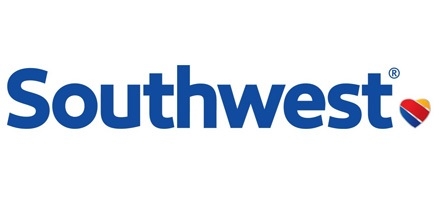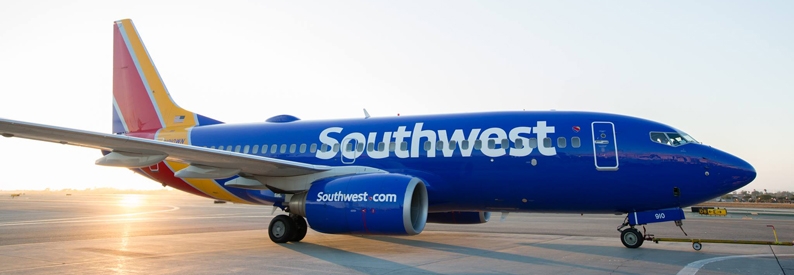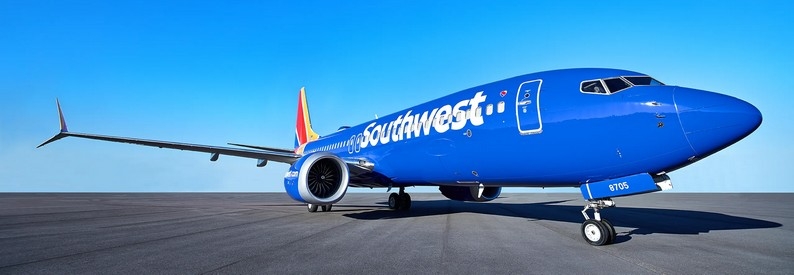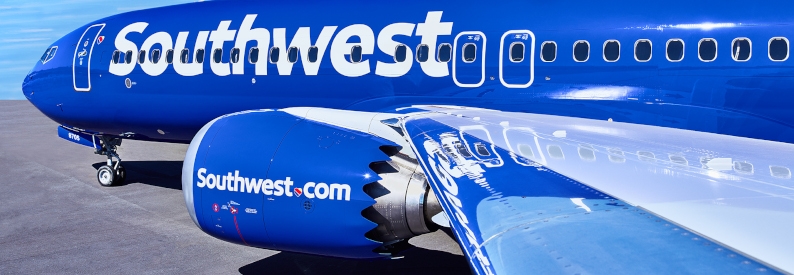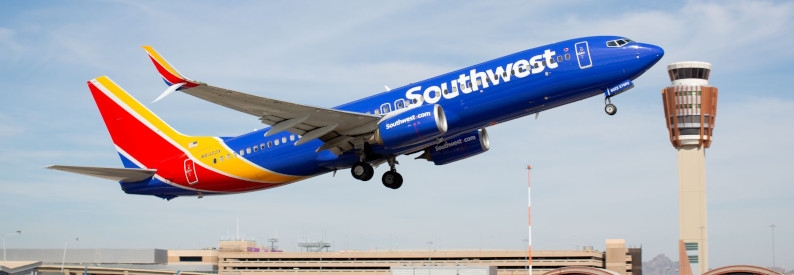Southwest Airlines (WN, Dallas Love Field) Chief Executive Gary Kelly has asked the low-cost carrier's employees to accept voluntary pay cuts effective January 1, 2021, so as to avoid furloughs in the absence of the federal salary assistance.
"As I promised, there will be no involuntary pay reductions or layoffs in 2020... For our union contract employees, I promised you I would let you know if and when we decide to approach your union representatives for concessions. Because of the inaction of the federal government, and the ongoing losses, that time has arrived," Kelly said in a company-wide message.
He did not outline what cuts he would propose to the unions but said that there was no time for "long, drawn-out, complex negotiations" as the changes had to be approved by January 1, 2021.
Kelly underlined that in the absence of an agreed deal, furloughs could become necessary and would impact employees across positions and seniority. He also reiterated that should the government extend the Payroll Support Program (PSP), no cuts would take place - even if already agreed with the unions.
"Effective January 1, we will reduce all remaining leadership groups' base salaries by 10%, until January 1, 2022, at which time it will snap back to the current level. We will pursue a similar approach for all other noncontract Employees, and importantly, with those temporary pay reductions, there will be no layoffs for our noncontract Employees, at least through the end of next year," Kelly outlined.
He added that he himself will not be taking any salary through the end of 2021, while members of the Board of Directors and the Senior Executive team will have their cash-salaries reduced by 20% through the end of 2021.
Southwest Airlines vowed to avoid furloughs in the immediate aftermath of the expiration of the PSP on September 30, 2020, contrary to many legacy rivals which have already begun furloughing thousands of staff. The LCC has so far managed to avoid that through a mix of voluntary measures taken over summer and previously agreed pay cuts. Kelly said, however, that with demand "back to the level from the 1970s" these measures were not adequate.
- Type
- Base
- Aircraft
- Destinations
- Routes
- Daily Flights
